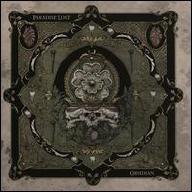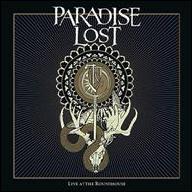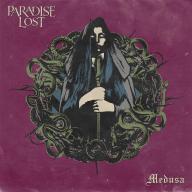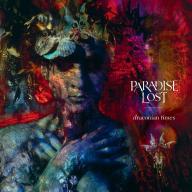Paradise Lost formed in Halifax, England in 1988; originally comprising vocalist Nick Holmes, lead guitarist Gregor Mackintosh, rhythm guitarist Aaron Aedy, bassist Steve Edmonson, and drummer Matthew Archer, the group recorded a pair of demo tapes, Drown in Darkness and Frozen Illusion, before signing with Peaceville Records to issue their debut album, Lost Paradise, in early 1990. The follow-up, 1991's Gothic, was the band's breakthrough, its dark production and orchestral elements setting them apart from the competition; a major European tour also expanded Paradise Lost's fan base dramatically. Signing with the Music for Nations label, they returned in 1992 with Shades of God, considered by many to be their high-water mark; an EP, As I Die, appeared later that same year, complete with cover art by the incomparable Dave McKean.
After 1993's Icon, Archer left Paradise Lost, and was replaced by drummer Lee Morris; Draconian Times followed in 1995, with the more goth rock-oriented One Second released two years later. Arriving in 1999, Host, their first outing for EMI Germany, saw Paradise Lost straying even further away from their doom metal past by introducing elements of trance and melancholy downtempo into the mix. In 2002, the band moved to Gun Records and released Symbol of Life, which employed a harder, more metallic approach and featured guest spots from Devin Townsend, Jamie Muhoberac, and Lee Dorrian. Two years later Lee Morris left the group and was replaced by Jeff Singer, who made his first Paradise Lost album appearance on the group's eponymous 2005 outing. Released in 2007, In Requiem was issued via Century Media, as was 2010's Faith Divides Us, Death Unites Us and 2012's Tragic Idol, the latter of which marked the debut of new drummer Adrian Erlandsson, who replaced outgoing traps man Jeff Singer in 2008. In 2015, The Plague Within saw Paradise Lost return to their doom/death metal roots, as did 2017's punishing Medusa, their 15th studio long-player and first for Nuclear Blast. The band reversed this trend with 2020's self-produced Obsidian, which had a melodic, eclectic sound more reminiscent of their classic middle period. ~ Jason Ankeny, Rovi


















